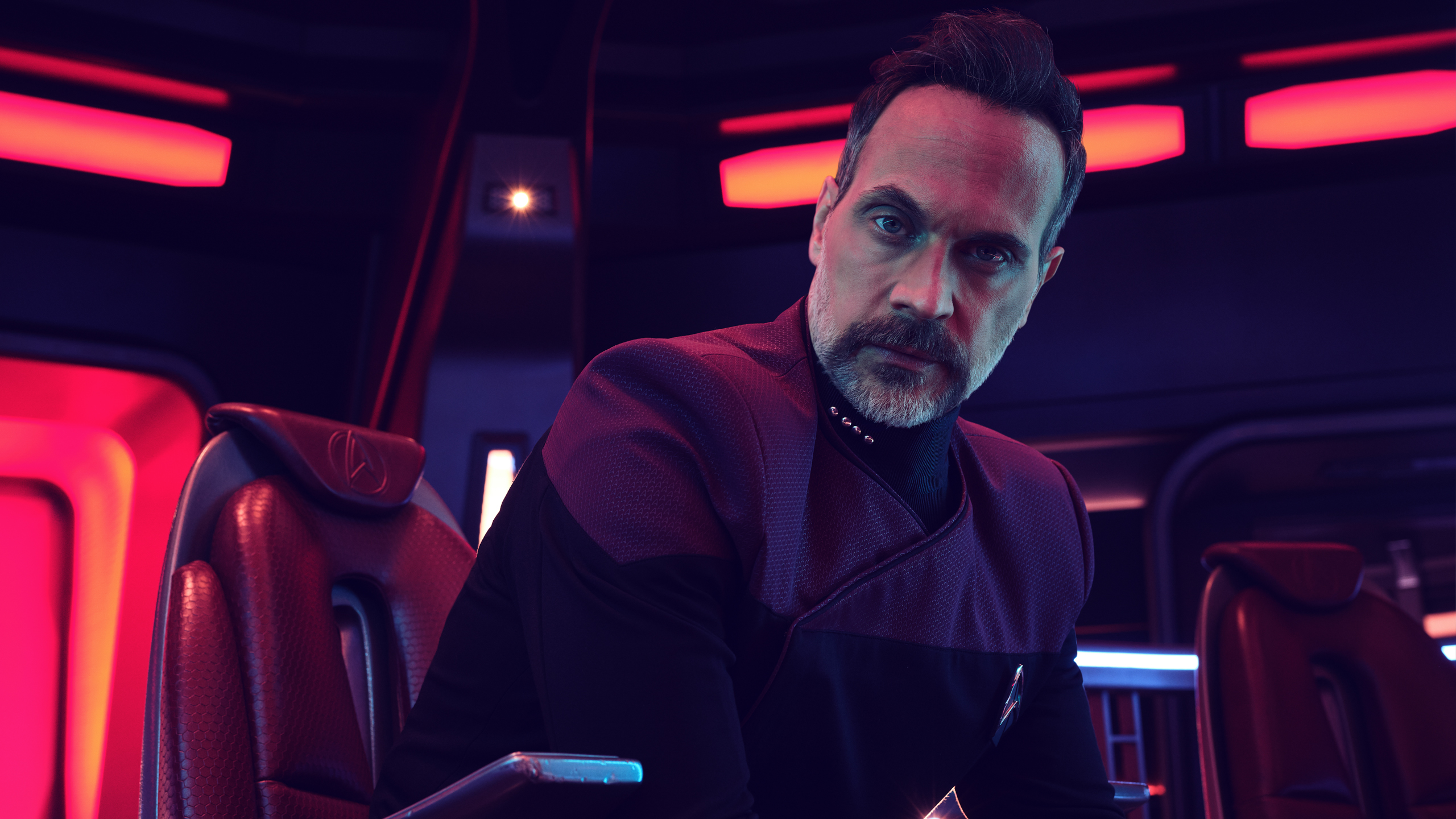
James Tiberius Kirk was the original benchmark for all Starfleet captains. Throughout the USS Enterprise's original five-year mission, he could be relied upon to fight injustice, make tough calls under pressure, and take a torn shirt in his stride.
When we were introduced to Jean-Luc Picard two decades later, his refined, diplomatic approach contrasted with Kirk's man-of-action persona, yet they (along with fellow commanding officers Benjamin Sisko, Kathryn Janeway and Jonathan Archer) have one big thing in common – they're brilliant at their jobs.
If they're the best of the best, however, they raise an uncomfortable truth about Starfleet – in order for them to appear exceptional, other commanding officers must be average or even downright awful.
"Star Trek: Picard"'s action-averse, rule-abiding Liam Shaw is simply the latest in a long line of Starfleet captains for whom boldly going where no one has gone before looks like the wrong choice of career. Luckily for them, it's also clear the long-running franchise wouldn't be the same if every occupant of the big chair was a superstar.
Spoilers below for Star Trek Picard Season 3 - if you're not caught up, warp on out of here.
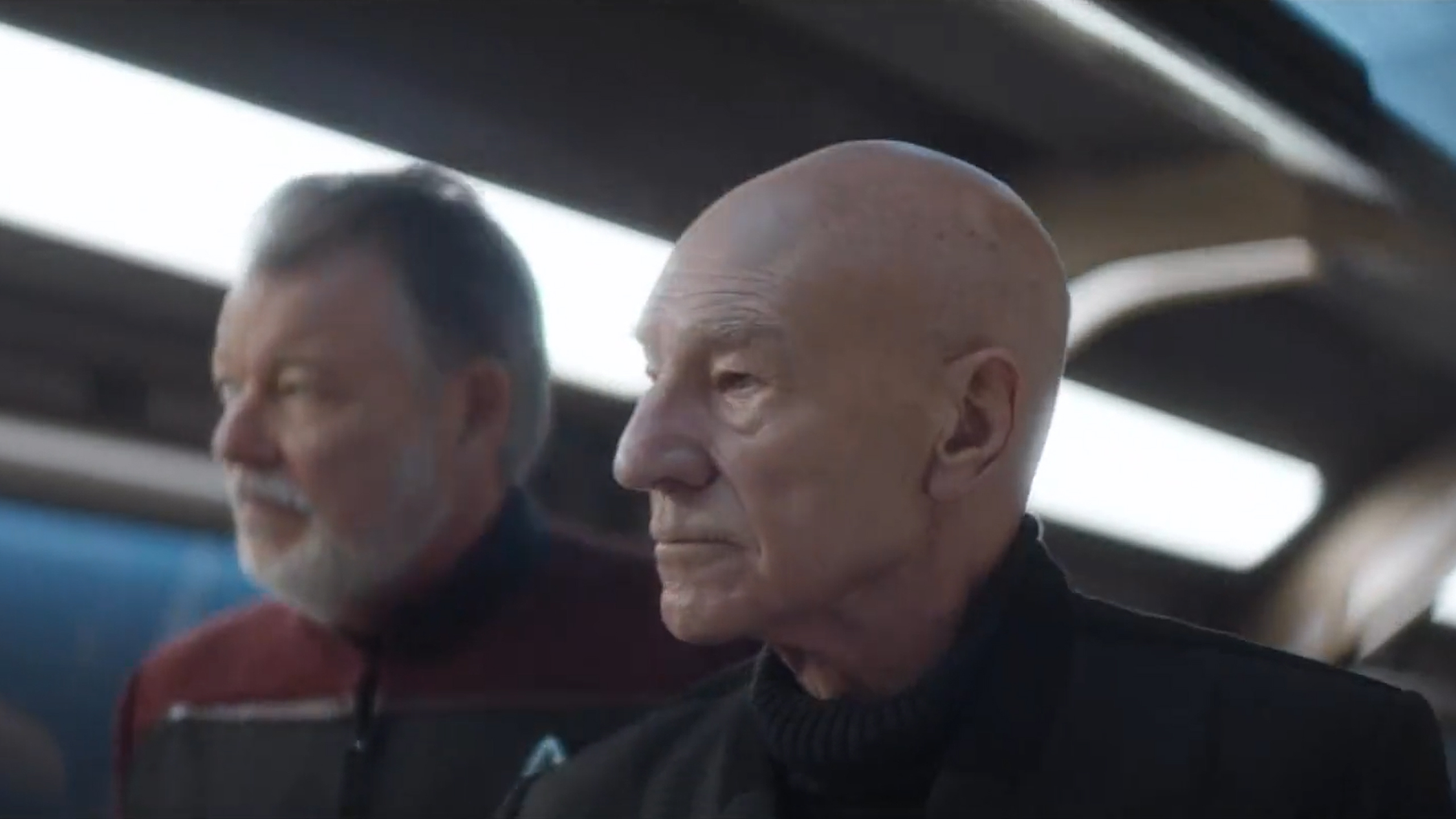
The Enterprise didn't run into many other Starfleet vessels in the original series, so the most notable commanding officer guest star was Commodore Matt Decker in 'The Doomsday Machine.' Decker's actions undoubtedly put the Enterprise in danger, but seeing as he was suffering from shock after losing his entire crew, his obsession with destroying the so-called planet killer probably owed more to severe mental trauma than any unsuitability for the role.
By the time the "Star Trek" movies rolled around, Kirk had been promoted to admiral. He still found ways to ditch the day job and gallop around the cosmos, of course, meaning his shadow continued to loom over everyone else who ever commanded a vessel – even when he stole the Enterprise in "The Search for Spock."
Despite breaking enough rules to get himself thrown out of Starfleet – it would take the audacious, time-travelling rescue of a pair of humpback whales to save his career – Kirk remained the most capable CO in the movie by some distance. The USS Excelsior's Captain Styles, for example, oozed arrogance and entitlement as he sat on the bridge brandishing a swagger stick, utterly convinced of his prototype ship's technological superiority.
Related: Kirk vs Picard: Who is the best Star Trek captain?
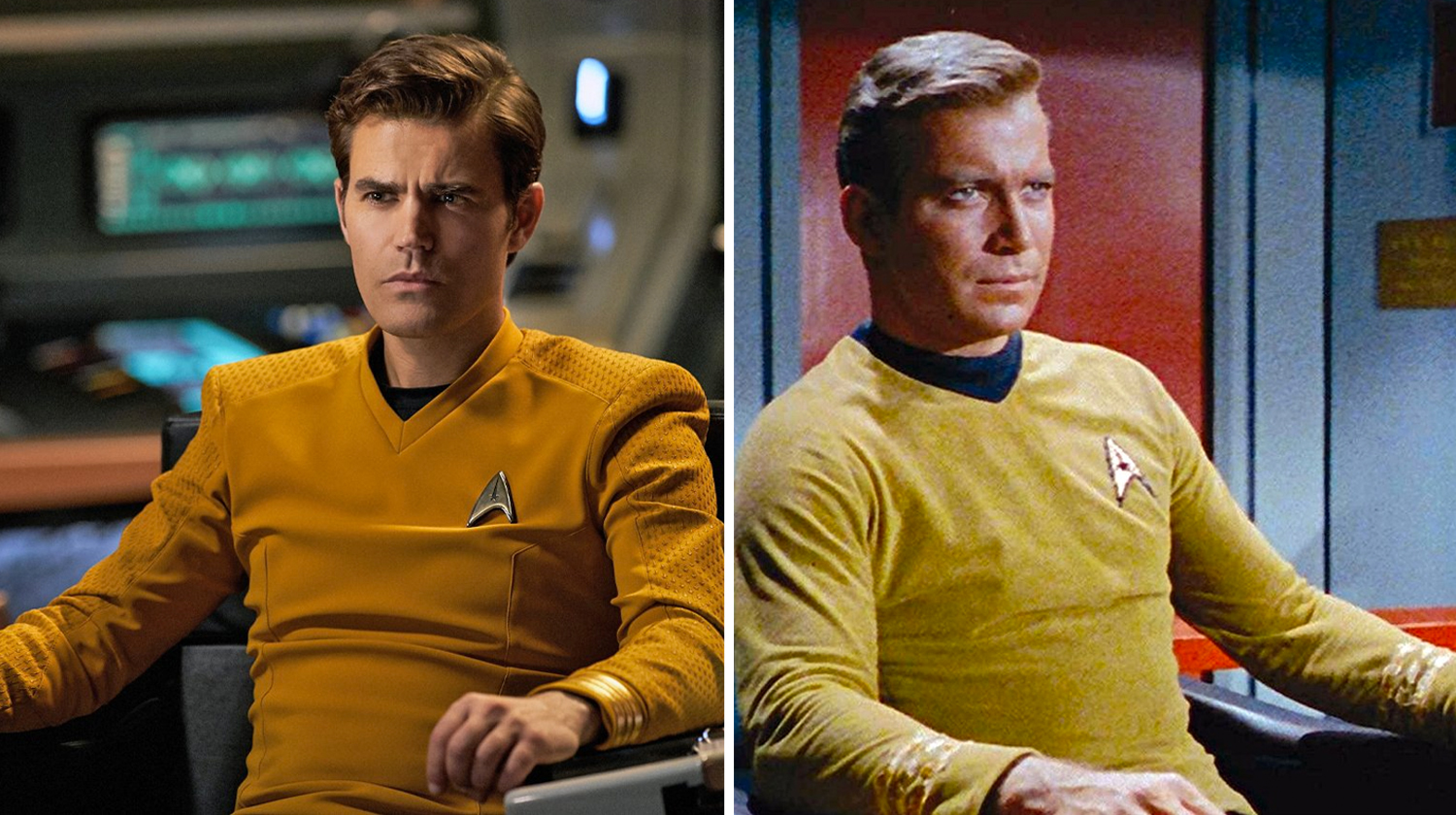
But while Styles simply ended up with egg on his face after Mr Scott’s sabotage left the Excelsior floundering outside Spacedock, Captain Esteban's ineptitude resulted in the deaths of everyone on board the USS Grissom. You can forgive Esteban's cautious, by-the-book approach to exploring the Genesis planet – who knew what might be down there? – but when a Klingon Bird-of-Prey decloaked in the ship's rear-view mirror, it would be reasonable to expect a little more from your commanding officer than an order to "stand by for evasive." Stand by? What would it take for him to initiate appropriate maneuvers? When was he planning on activating shields?
Admittedly, not even the Klingon gunner intended to blow the ship to smithereens, but this was truly terrible captaincy. At least when Kirk got caught with his "breeches down" in "The Wrath of Khan", he had the presence of mind to shift to yellow alert.
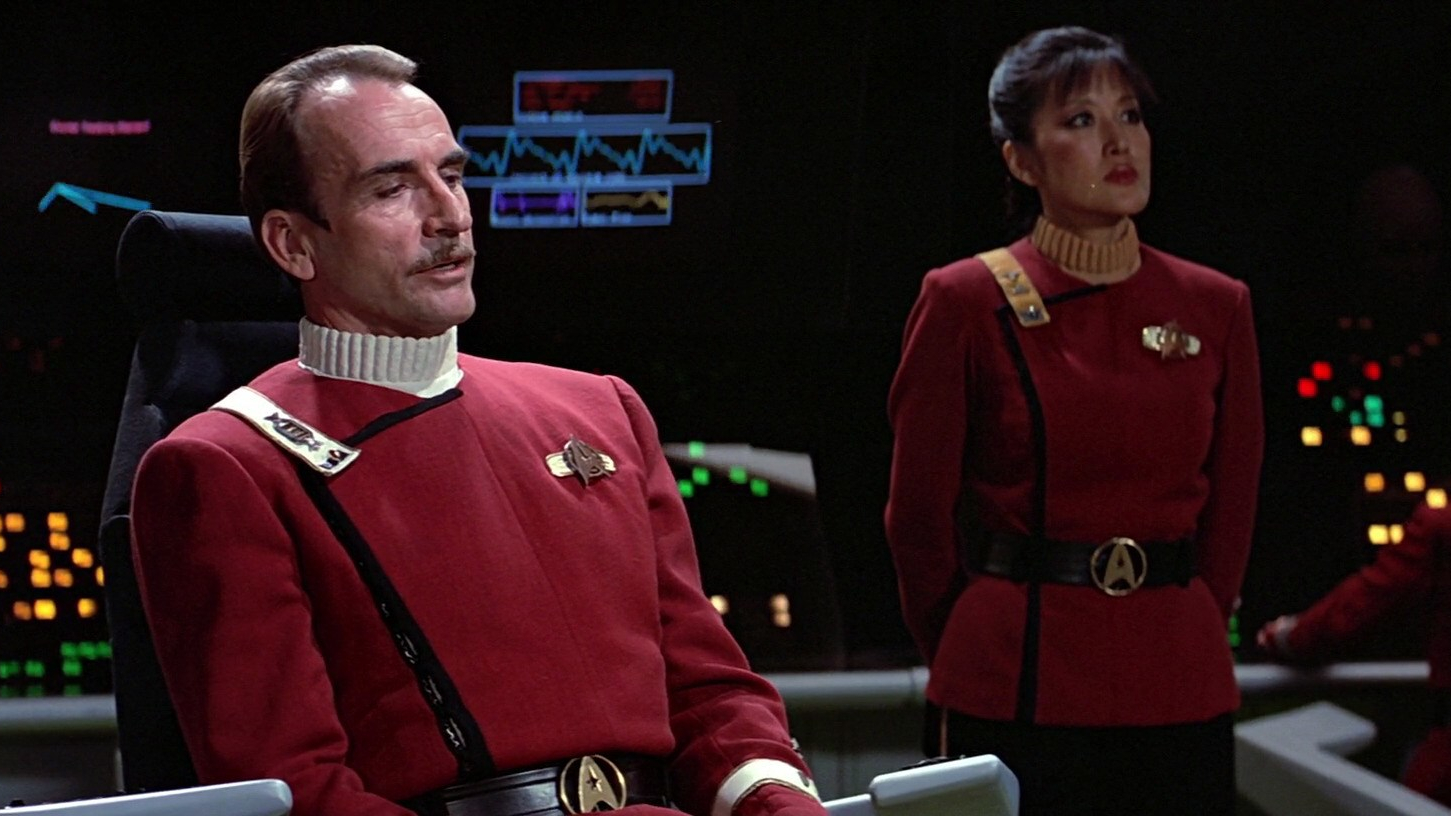
Fast forward to James T's final voyage in "Star Trek: Generations" and the new Enterprise-B found itself afflicted by a particularly ineffectual captain. While on one level you have to feel for John Harriman – living up to fellow Enterprise captains Kirk, Picard, Archer and even the Enterprise-C’s Rachel Garrett, from classic "The Next Generation" episode "Yesterday’s Enterprise" was always going to be a tall order – he had the air of a man who'd been promoted way beyond his ability. Indeed, after he'd diverted his ship's maiden voyage to answer a distress call, the only thing he didn't hesitate about was allowing to Kirk take charge.
Following a job interview like that, Harriman wouldn't even be trusted to carry out the second-contact missions that are the specialty of Carol Freeman and the USS Cerritos in "Lower Decks."
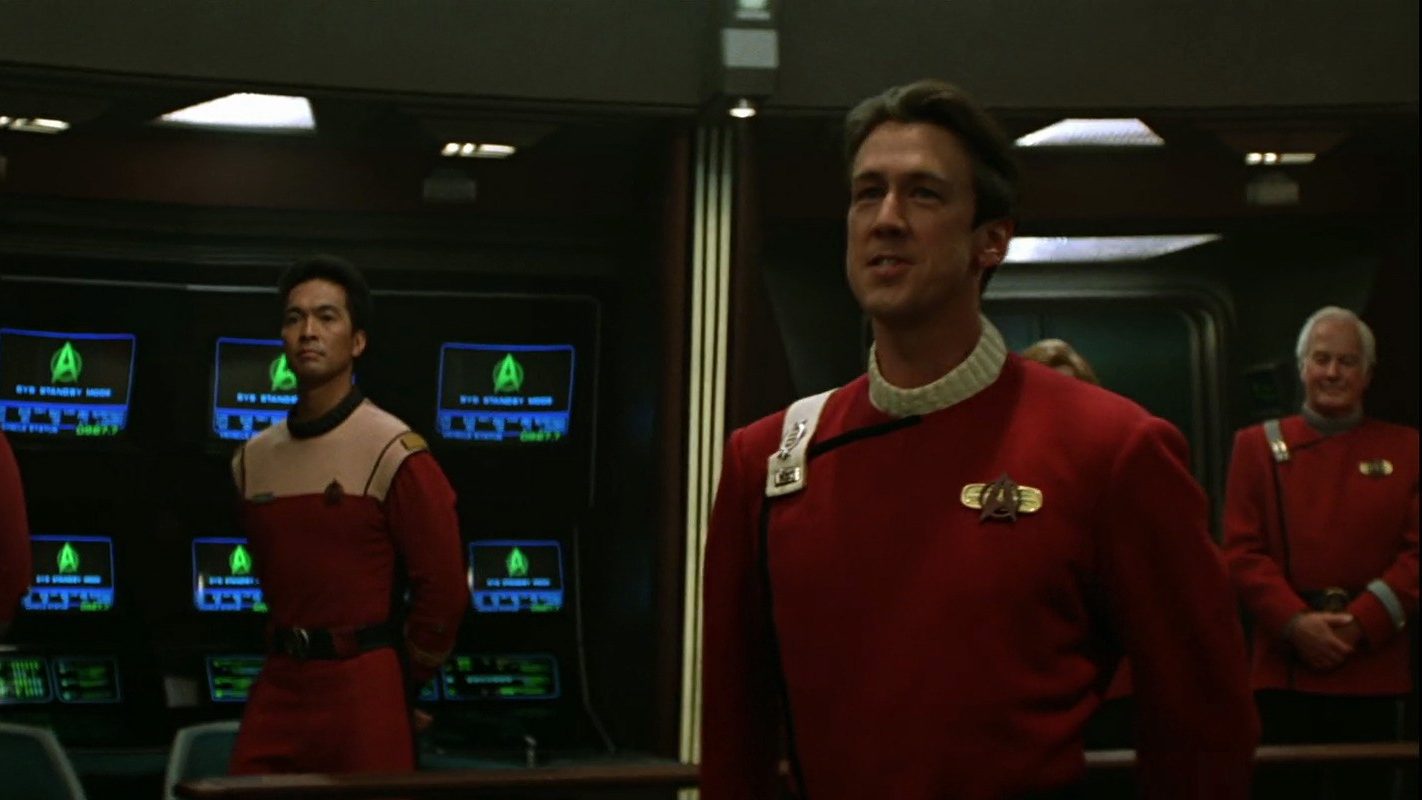
By "The Next Generation" era, humanity had allegedly reached a level of advancement where competency should be pretty much assured, and Edward Jellico was clearly extremely capable when he stood in for Picard in two-parter "Chain Of Command". Unfortunately he was also the sort of micromanaging taskmaster who specialized in stressing out bridge officers – so much so that Will Riker wound up demoted for questioning orders.
And while it’s worth noting that he was responsible for getting Troi to belatedly wear a proper Starfleet uniform – her constant flaunting of the Enterprise dress code never really made sense – his departure must have felt like a massive relief to everyone on board.
But even serving under Jellico would have felt like a walk in the holodeck-generated park compared to sharing a bridge with more recent occupants of the big chair.
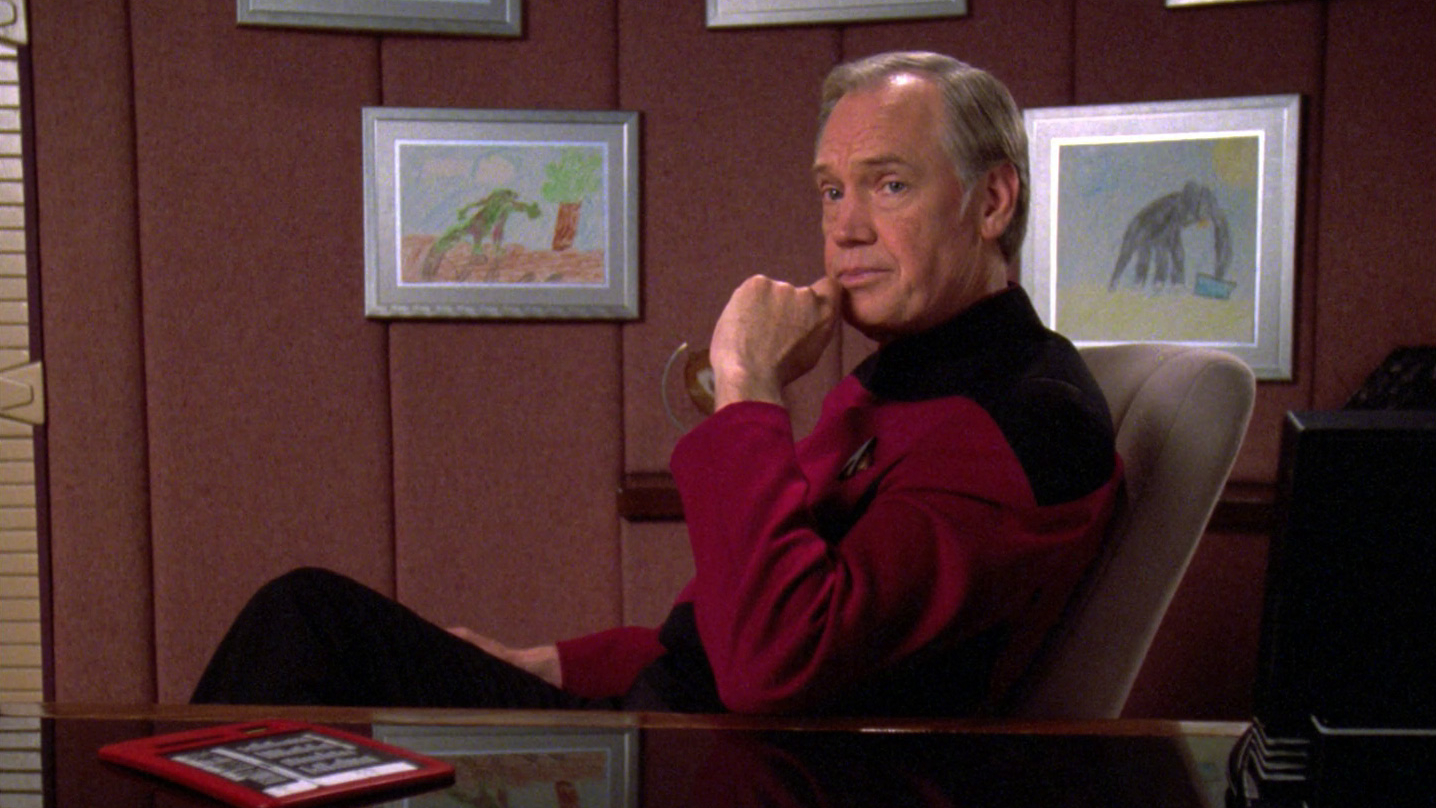
Although Starfleet admirals have had a long history of getting caught up in high-level conspiracies (see "Star Trek VI: The Undiscovered Country" and "Star Trek: Insurrection"), captains had generally proved much less susceptible to the dark side.
That all changed in the Kelvin timeline when "Star Trek Beyond"'s chief bad guy Krall turned out to be one Balthazar M. Edison, a former captain of the USS Franklin who'd become so disillusioned with the Federation that he set out to destroy it. Then, back in the prime timeline, we eventually came to realise that original "Discovery" captain Gabriel Lorca was actually an evil doppelganger from the Mirror Universe's Terran Empire.
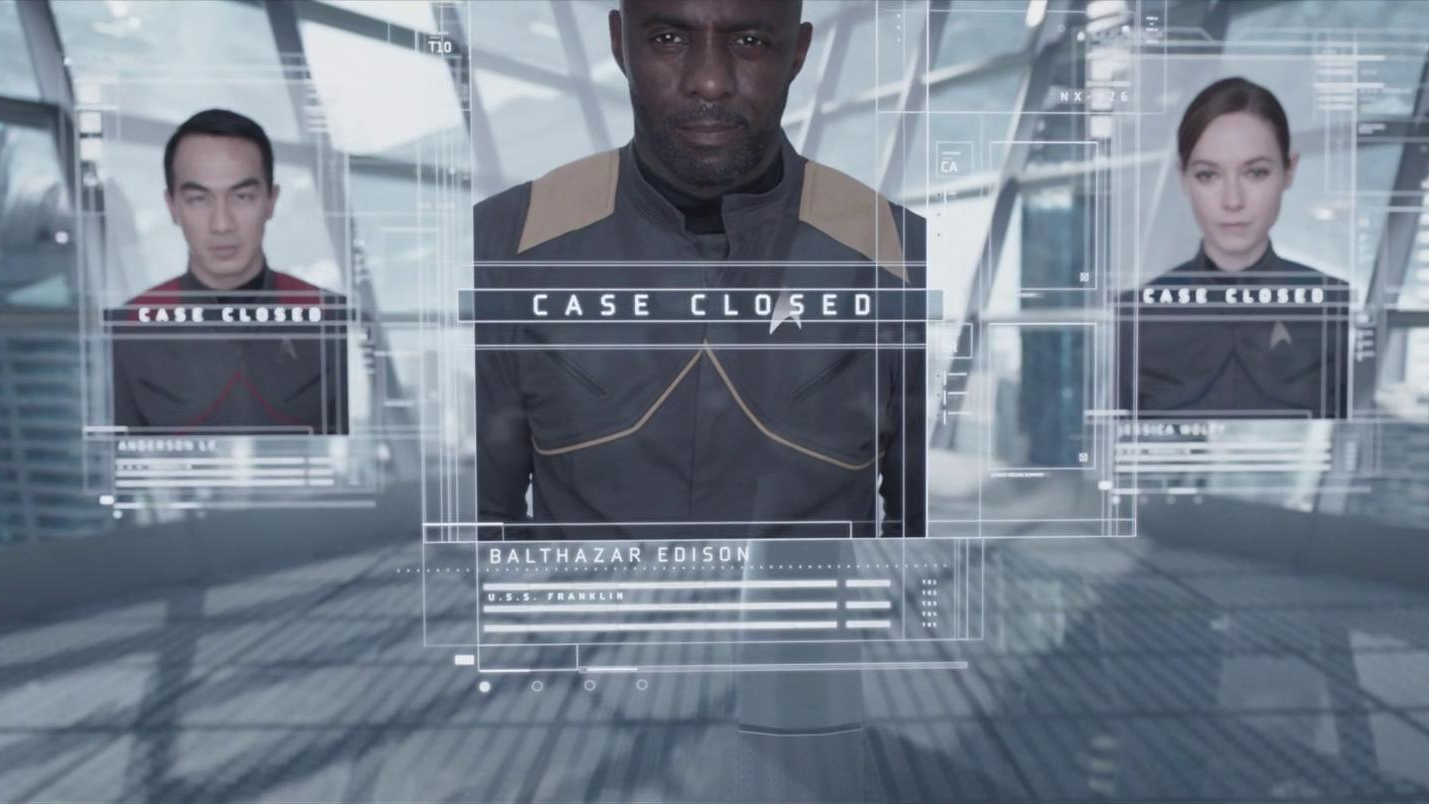
By the end of Picard, we learn that Liam Shaw wasn't so bad after all. Yes, he lacked Kirk's willingness to fly into battle, Picard's management skills, and – seeing as prejudice prevented him addressing Seven of Nine by her preferred name – was arguably an HR disciplinary waiting to happen.
But he was also utterly devoted to his ship, protective of his crew and 100 per cent his own man – while a lesser captain might get caught up in the hype surrounding Riker and Picard, Shaw steadfastly sticks to his guns. He wasn't often flashy or charismatic, but sometimes a safe pair of hands is exactly what you need on the bridge of a starship.
If you're caught up and watched Star Trek Picard episode 9 "Võx", then you'll know that Shaw proves himself a hero in the end, sacrificing himself to save Picard. It's a great send-off that shows how the character grew throughout the season, but – in a franchise where heroes have often been too good to be true – I think Shaw should be celebrated as much for his failings as his eventual redemption.




.jpg?w=600)


